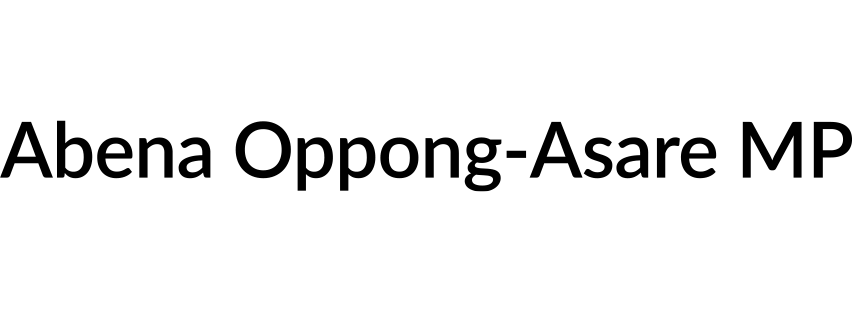Roundtable on Mental Health app ‘Shout’ with Google and Mental Health Innovations
This month, Abena hosted an important roundtable discussion in Parliament alongside Google and Mental Health Innovations, a charity supported by Google.
The aim was to explore the potential of AI in enhancing the efficiency of Mental Health Innovations’ (MHI) digital support service, Shout. The gathering brought together parliamentarians, Shout beneficiaries, senior representatives from MHI and Google, as well as Professor Peter Fonagy OBE, Head of the Division of Psychology and Language Sciences at UCL.
One of the key outcomes of the discussion was Google.org’s commitment to supporting MHI’s with funding to leverage AI in improving their flagship service- Shout. Shout is a text message service providing free, 24/7 mental health support to anyone in the UK.
During the roundtable, Parliamentarians received tailored reports for their respective regions, shedding light on the utilization of the Shout support service and the prevalent mental health issues in those areas. The focus was on exploring how digital services can augment mental health support and better cater to vulnerable groups across the UK.
Abena was joined by other Parliamentarians including Tracey Crouch MP, Liz Twist MP, Jeff Smith MP, and Andy Slaughter MP, who contributed valuable insights from their experiences supporting constituents through mental health challenges, while understanding the ways in which young people seek support through AI Tech enabled platforms such as text services and AI chatbots.
One of the most poignant moments of the discussion was hearing the parents of a 12-year-old girl who benefited from the service and from Emily, a dedicated volunteer at Shout. Their testimonials highlighted the profound impact of tech-based mental health services, such as text support and AI chatbots, in reaching and aiding vulnerable individuals.
Google’s Vice President of Product Management also spoke about how Google Search directs vulnerable individuals towards the help they need, and Professor Fonagy spoke on the transformative potential of machine learning and AI in crisis intervention.
This roundtable highlighted the collaborative efforts between policymakers, tech giants, and mental health experts in harnessing technology to address mental health challenges.
Abena Oppong-Asare, Shadow Minister for Women’s Health and Mental Health said:
“It was a pleasure to join Google and Mental Health Innovations today in parliament to discuss the important subject of mental health. The services provided by the charity are vital for those suffering with their mental health and I’m pleased Google.org is providing the financial resources to help develop the use of AI to optimise and improve the efficiency of their flagship service Shout.”
Photos



